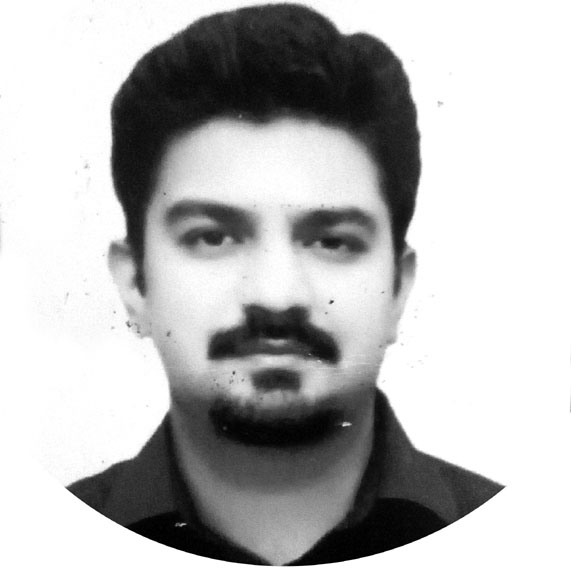Dr M Ahmed Abdullah
MARCH 8th every year marks the International Women’s Day. For the past few years the date has been synonymous with the Aurat March in Pakistan. This event has turned from a mere exhibit of interesting and controversial slogans, into a budding resistance movement against the strong rooted patriarchal society of Pakistan. The build-up to the event keeps on getting more interesting each year, with participants from both sides of the debate gaining publicity through aggressive and exciting antics.
In a recent turn of events famous script writer and now social media influencer Khalil ur Rahman Qamar lost his cool after being instigated by a controversial slogan by social activist Marvi Sarmad, on live prime time television. What has followed since is mixed emotions on social media about the incident, with the supporters of rugged masculinity apparently taking the lead. Based on my time spent in the Gynecology and Obstetrics Department of a public sector hospital, the slogan “My body, My free will” has a completely different connotation for me. It reminds me of the times when we, as doctors, had to take written consent from the husbands for performing surgical procedures on their wives.
This was an unfortunate happening, as it has completely taken the attention away from more pressing and urgent issues of women in the country. Pakistan has one of the highest maternal mortality rates in the world and consequently the highest neonatal mortality rate in the world. The country also has a high prevalence of gender-based violence, child marriages, mental health issues and nutritional deficiencies. Women, despite being almost half of the population, are often excluded from equal employment and wage-based opportunities. In other places, women are subjected to bonded slavery in brick kilns and house work.
The opponents of women rights often feel ashamed of liberal women and their dressing sense, yet their sense of social injustice is misplaced when they see girl children picking garbage while being exposed to disease and adversity. Female literacy is another pertinent aspect that needs to be addressed. What we see in places like Tharparkar (Sindh) in the form of increased child mortality due to a combination of severe malnutrition and infectious diseases is the outcome of prolonged nutritional deficiencies and early marriages. These young girls are forced into a hard life of continuous child bearing and rearing with limited access to good nutrition, health facilities and education. The rape epidemic in the country is also directed at women and children.
It is good to see that some segments of the civil society are bringing the much needed spotlight to women’s rights, but the role of media in the picture is questionable. It is the media and advertising industries that set the tone for objectification of women in one way or the other, in addition to stereotyping women into segments of good and bad. Debates on societal liberalism could be done in a healthier and a more academic fashion, however, the race for ratings gives rise to short lived viral content, with limited long term implications. Publicity stunts like these also take the attention away from the actual issues of women, children and elderly.
In true democracies, everyone has a right to an opinion; unfortunately fear probably has the best marketability in today’s cut-throat global economic system. That is exactly what all parties are trying to sell here. A more holistic and inclusive approach is the need of the hour, where all of us come together in the successful development of humans rather than genders, which in turn are completely dependent on each other.
—The writer is Assistant Professor Public Health, Islamabad Medical and Dental College.
Email: [email protected]










